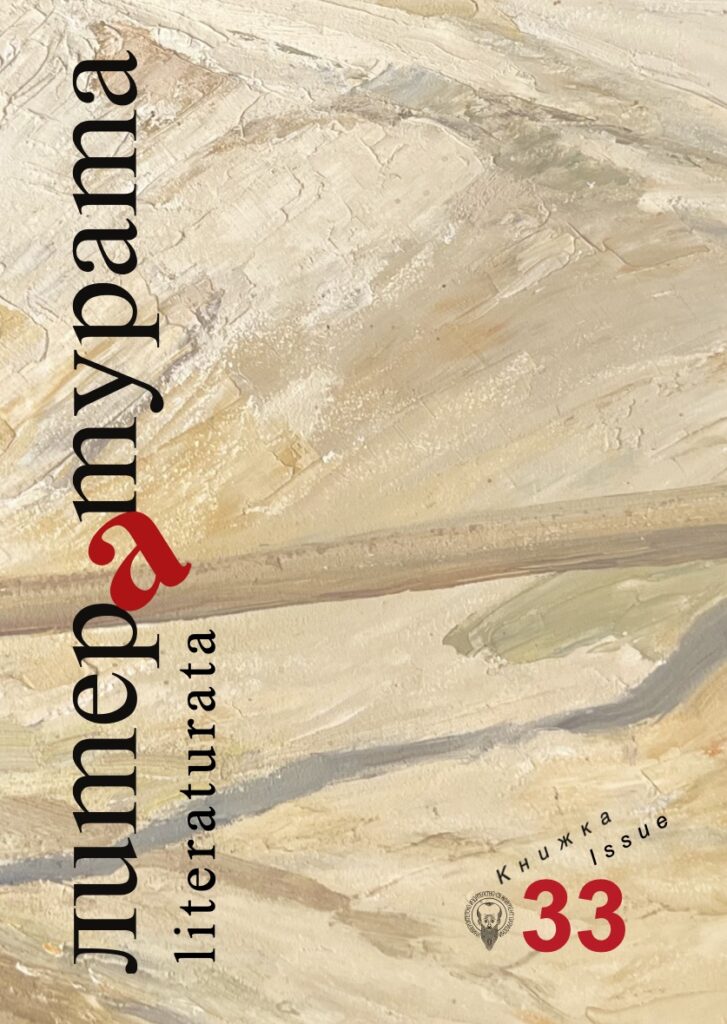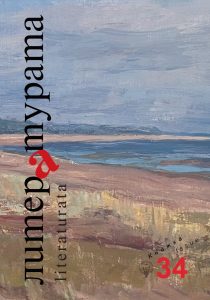https://www.ceeol.com/search/article-detail?id=1306297
Crime Fiction as World Literature Introduction
Louise Nilsson, David Damrosch, Theo D’haen
The introduction to “Crime Fiction as World Literature” explores the genre’s significant role in global literary discourse, emphasizing its widespread appeal and economic impact. The authors argue that crime fiction transcends national boundaries, reflecting a rich tapestry of local cultures while engaging with universal themes like morality and societal critique. This collection aims to shed light on the globalization of crime narratives, revealing how they adapt to and resonate within diverse contexts. By examining the interplay of local and global influences, the contributors analyze how crime fiction not only entertains but also serves as a vehicle for cultural exchange and understanding. Ultimately, the essays highlight the genre’s capacity to challenge traditional literary hierarchies and offer fresh perspectives on contemporary world litera- ture. A summary is given of the themes and main theses in the essays collected in the volume.
Keywords: crime fiction, world literature, globalization, literary market, popular fiction, translations, local vs. global, literary canon
Translated from English: Milena Popova
Translated from: Nilsson, L., D. Damrosch, and T. D’haen. Crime Fiction as World Literature. New York: Bloomsbury Academic, 2017.
About the authors
Louise Nilsson is a researcher in the English Department at Stockholm Univer- sity, Sweden, working on the project, “Mediating the North in a Transnational Context: Vernacular and Cosmopolitan Places in Nordic Noir,” within the re- search program Cosmopolitan and Vernacular Dynamics in World Literatures.
She’s a member of the Australian-based research network Detective Fiction on the Move (Newcastle University).
David Damrosch is Ernest Bernbaum Professor of Literature at Harvard University, USA, where he is also Chair of the Department of Comparative Literature. Professor Damrosch is one of the world’s foremost authorities on World Literature, past President of the American Comparative Literature Association, and author or editor of 17 books, including the ground-breaking “What Is World Literature?” (Princeton University Press, 2003; translated into seven languages). “Among his other publications are How to Read World Literature” (Blackwell, 2009), “The Buried Book: The Loss and Rediscovery of the Great Epic of Gilgamesh” (Henry Holt, 2007), “World Literature in Theory” (edited; Wiley Blackwell, 2014), “The Routledge Companion to World Literature” (edited with Theo D’haen and Djelal Kadir, Routledge, 2012), “The Longman Anthology of World Literature” (Longman, 2004. Six vols., General editor, with twelve co-editors), and “The Longman Anthology of British Literature” (Longman, 1998, General editor, with eleven co-editors).
Theo D’haen is Professor of English and American Literatures, KU Leuven, Belgium. He is the author or editor of 53 books, including “American Literature: A History” (Routledge, 2014), “The Routledge Concise History of World Literature” (Routledge, 2012), “World Literature: A Reader” (edited with César Domínguez and Mads Rosendahl, Routledge, 2013), “A World History of Literature” (Royal Flemish Academy of Belgium, 2012), and “The Routledge Companion to World Literature” (edited with David Damrosch and Djelal Kadir, Routledge, 2012).


